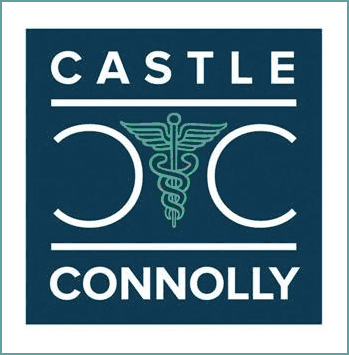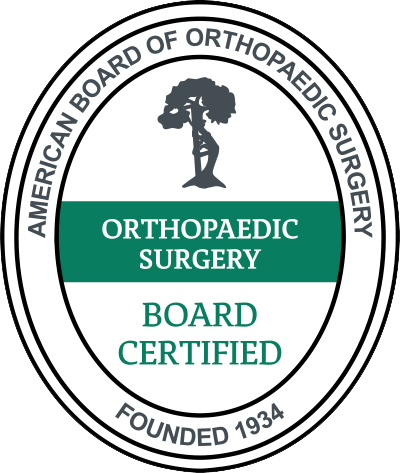Many patients with arthritis in their hips, knees, ankles ask whether they can continue with sports and with running. The traditional understanding of osteoarthritis, the most common form of degenerative joint disease, is that it involves simply wear and tear of the joints, much like breaking down the pads on your car’s brakes. If osteoarthritis were this simple, it would make sense that with more mileage, especially with high impact activities, the joints would break down more quickly, and, therefore, less activity should preserve them longer. As we learn more about the causes of osteoarthritis, we learn that this is not necessarily the case. Sedentary activity may have the exact opposite effect on our joints leading to more rapid deterioration.
We do know that osteoarthritis is progressive and, at this point, irreversible. Destruction of the joint involves not only a wearing of the slippery cartilage surface but a change in the underlying bone, with areas of bone irregularity, hardening of the bone near the surfaces, bone spurs, misalignment, and some degree of stiffness or instability. Though we may be getting closer to medications that can help to grow new cartilage, if we cannot reverse the changes to the bony architecture, then we are left with a surface that is inhospitable to the regeneration of a new cartilage surface. A medication, by mouth or by injection, that will change this joint architecture, is hard to imagine. We are likely closer to finding genetic markers, in our youth, which may predict the onset of arthritis, so that we may develop strategies to slow or prevent the development of osteoarthritis, in the first place.
As we have yet to find a cure for osteoarthritis, our goal with treatment, whether it is non-surgical or surgical, is to relieve symptoms, thereby decreasing pain and improving function. Currently we use medications, vitamin supplements, injections, physical therapy, and often, ultimately, joint replacement surgery. Although hip, knee, and ankle replacement have been shown to be some of the most life changing advances in modern medicine, they are big operations with significant recovery and are not without risk.
Although exercise is not a cure for osteoarthritis, the benefits of exercise far outweigh any risk. I tell patients that our muscles are more than just movers of our joints; they are shock absorbers and stabilizers. A joint free of pressure and motion has been shown to deteriorate faster than one that is used. Although high impact activities that involve jumping and cutting may become impossible for many patients with advancing osteoarthritis, I allow my patients to continue with any activities that they enjoy, based solely on their level of comfort. As we cannot blame moderate exercise for the development of osteoarthritis, then I have no reason, other than pain, to make my patients stop.
An added benefit of exercise is to curb obesity. We are learning more about the effect of fat on our entire bodies. Fat was once thought of as simply our bodies’ storage place for excess calorie intake. Obesity has been linked to the earlier development of osteoarthritis, especially in the knees. However, we are starting to find that the fat adversely affects our joints through more than just an increase in stress. Our fat stores act like an endocrine organ, adversely affecting our joints through inflammatory pathways and through interaction with our other organ systems. This theory is supported by data that shows a slowing of arthritis progression through weight loss, in the non-weight bearing upper limbs, not just in the legs.
At this time, there are no magic pills that will cure your osteoarthritis. We need to approach this huge worldwide problem from many directions. But, immobilization, inactivity, and deconditioning are certainly not the answers. Get out there and enjoy the activities that you have always loved, as long as you can do them safely and your body will allow you to do them without excessive discomfort.



